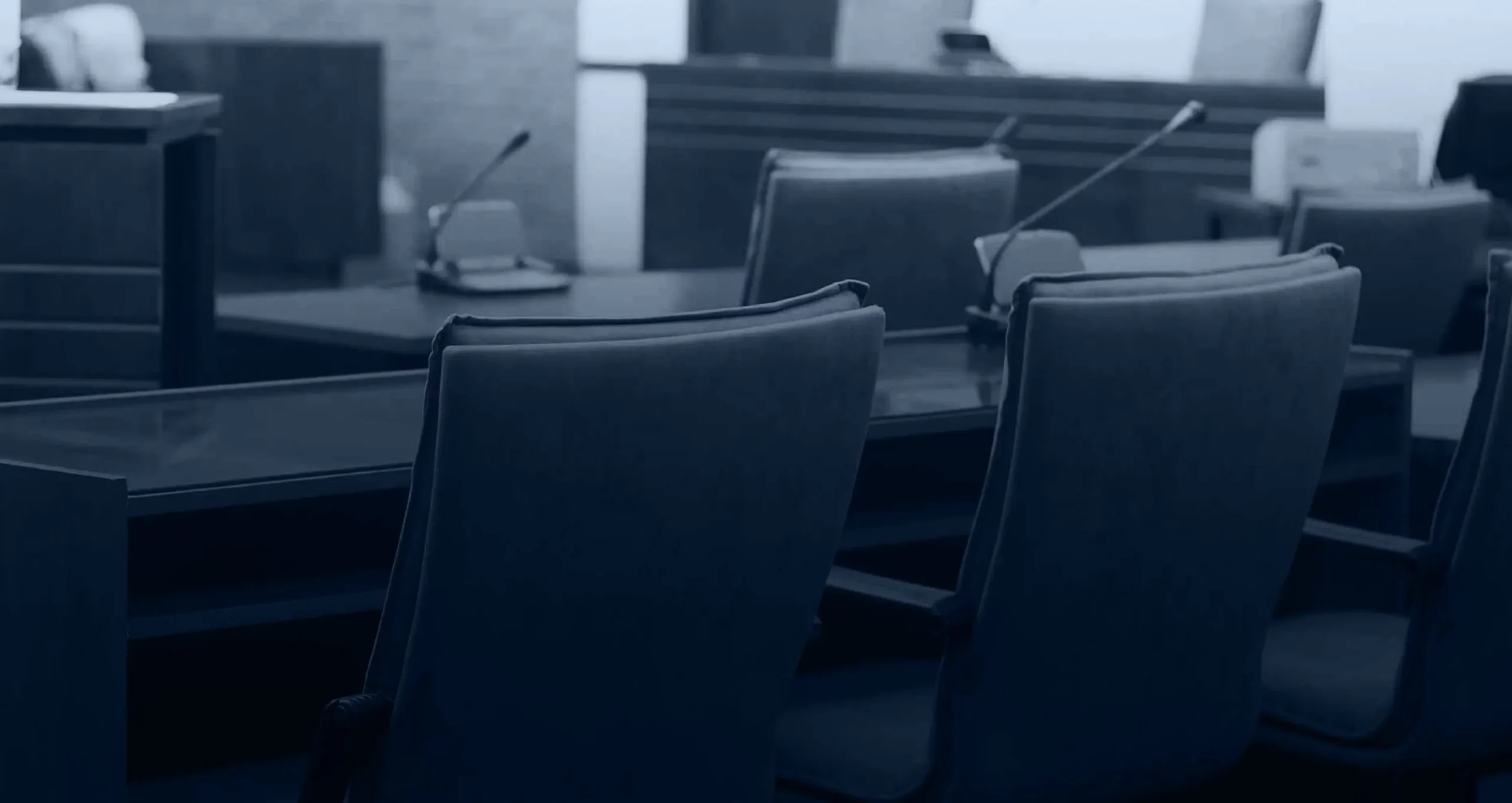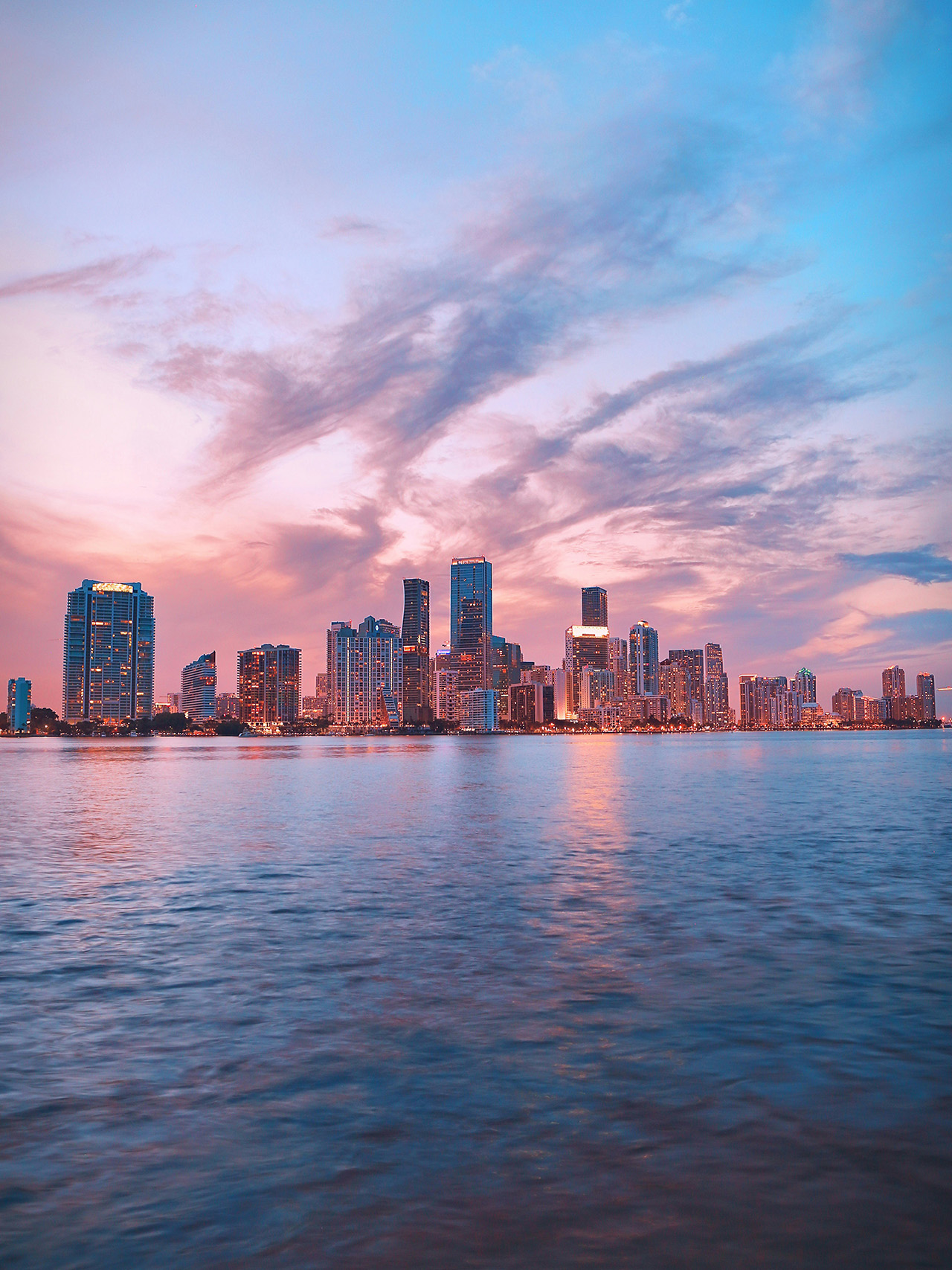Any experienced personal injury attorney will advise you to exercise caution with your social media activity while a personal injury claim is pending. It is important to remember that the opposing party may use your social media posts as evidence in court or during settlement negotiations.
To mitigate potential risks, you may want to consider temporarily suspending your social media accounts until your claim is resolved.
Social Media Posts and the Illinois Rules of Evidence
The Illinois Rules of Evidence govern the admissibility of evidence in Illinois courts, including social media evidence. One of the most commonly used rules of evidence is the hearsay rule. The general principle underlying the hearsay rule is that the opposing party cannot use someone’s out-of-court statements against them.
If the hearsay rule were applied strictly, it could prevent the opposing party from using your social media posts against you. However, the rule contains several exceptions, one of which applies to statements made by parties to the case. As the plaintiff in a personal injury case, your own statements are likely to fall within this exception, allowing the opposing party to use them as evidence, should they choose to do so.
Unfamiliar Friend Requests and Other Deceptive Tactics
The defense may attempt to use an individual you don’t know to send a friend request on your social media profile in order to access your “friends only” content. While this tactic is not illegal, it is considered unethical. Under Rule 5.3 of the Illinois Rules of Professional Conduct, a defense attorney is prohibited from using deception to gather evidence against you, and they cannot direct others to engage in such conduct.
Although these rules do not directly govern non-lawyers, a court may still exclude evidence obtained through deceptive means on ethical grounds, though this is not guaranteed. To avoid any potential issues, it is advisable to reject friend requests from unfamiliar individuals.
Disclosure During Pretrial Discovery
The pretrial discovery phase takes place after you file a lawsuit. During pretrial discovery, each side can demand evidence that is in the possession of the other side. A court can compel you to disclose relevant social media content to the defendant if the defendant requests it.
Your social media privacy settings do not provide absolute protection against disclosure of your social media posts, since a court can order their disclosure.
Old Photographs
Suppose you sustain a personal injury in September 2024, and in May 2025, you upload a photograph taken in June 2024 of yourself drinking beer at a party. The insurance adjuster may argue that the photo was taken after your injury and use it as evidence to suggest that your injuries are not as severe as you have claimed. While it is possible to prove the date the photograph was taken through technological means, doing so may not be straightforward and could present challenges.
Third-Party Social Media
Under a strict application of the hearsay rule, third-party statements cannot be used against you. As mentioned above, the hearsay rule is riddled with exceptions. While the defense cannot use some third-party statements against you, some third-party statements are fair game.
The defendant can use statements on social media by third parties, such as family, friends, and witnesses, to contradict something you have said. This is another exception to the hearsay rule. This danger applies to third-party comments on your own posts as well as the content of other people’s social media profiles.
Once your claim has been compromised, it can be difficult, if not impossible, to rectify. Unfortunately, you may inadvertently damage your claim without realizing it. An experienced Illinois personal injury attorney can guide you through the process, helping you avoid potential pitfalls before they arise.
Rest assured, your claim may be worth more than you realize. Furthermore, under the contingency fee structure commonly used by personal injury attorneys, you are not required to pay attorney’s fees unless you successfully win your case.
Contact the Chicago Personal Injury Law Firm of Zayed Law Offices Personal Injury Attorneys for Help Today
Police brutality doesn’t happen by accident. It often results from poor training, lack of oversight, and a system that protects officers more than it protects the public. By understanding the reasons behind this problem, we can push for change and support victims in getting the justice they deserve.
If you or someone you know has been hurt by police violence, reach out to an experienced civil rights attorney to discuss your options.
For more information, please contact the experienced Chicago personal injury lawyers at Zayed Law Offices Personal Injury Attorneys today. We offer free consultations.
We proudly serve Cook County, Will County, Kendall County, and its surrounding areas:
Zayed Law Offices Personal Injury Attorneys – Chicago Office
10 S La Salle St STE 1230, Chicago, IL 60603
Phone:(312) 726-1616
Hours: Open 24/7
Our firm is located near you. We have an office in Chicago
Find us with our GeoCoordinates: 41.8815493,-87.6327515
Zayed Law Offices Personal Injury Attorneys – Joliet Office
195 Springfield Ave, Joliet, IL 60435
Phone: (815) 726-1616
Our firm is located near you. We have an office in Joliet
Find us with our GeoCoordinates: 41.5254295,-88.1381011













